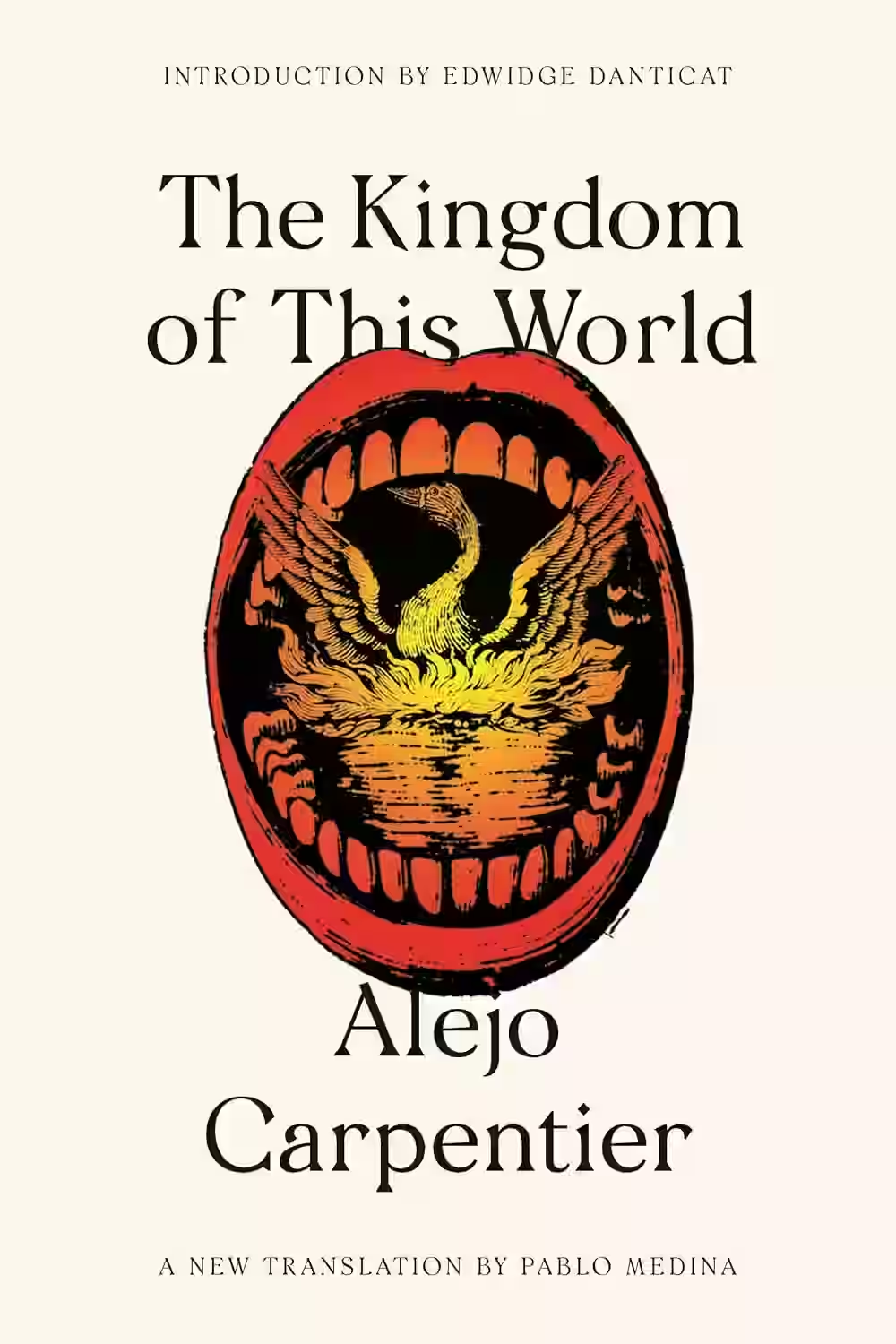
A few years after its liberation from harsh French colonial rule in 1803, Haiti endured a period of great brutality under the reign of King Henri Christophe, who was born a slave but rose to become the first black king in the Western Hemisphere. In this unnerving novel from one of Cuba's most celebrated authors, Henri Christophe's oppressive rule is observed through the eyes of the elderly slave Ti Noël, who suffers abuse from masters both white and black. As he ranges across the country searching for true liberation, Ti Noël navigates bloody revolutions, maniacal rulers with false visions of grandeur, and the mysterious power of voodoo magic.
About Alejo Carpentier
A Cuban novelist, essayist, and musicologist, considered one of the seminal figures of Latin American literature. He is renowned for his development of "magical realism" or "lo real maravilloso" (the marvelous real), a literary style that integrates fantastical elements into realistic settings. Carpentier's works, like The Kingdom of this World, explore Caribbean history, African diasporic cultures, and the fusion of European and indigenous traditions, offering a unique and rich perspective on Latin American identity.
Similar Books
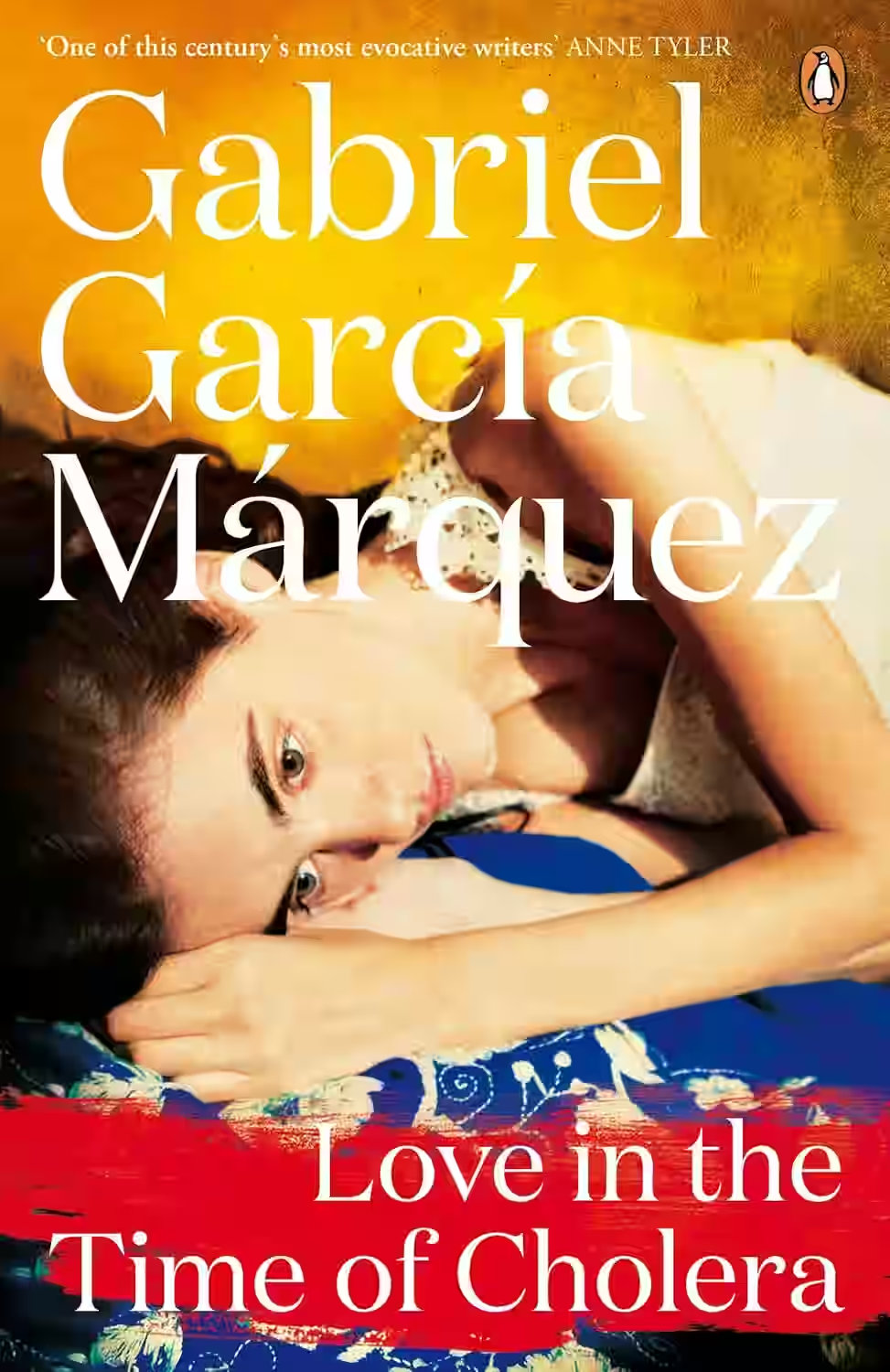
Love in the Time of Cholera
This sweeping novel tells the story of Florentino Ariza and Fermina Daza, whose love endures decades of separation, marriages, and aging. Set in a Caribbean port city, the novel explores love in its many forms—romantic, obsessive, practical, and enduring—against a backdrop of cholera epidemics and social change. Márquez’s lush prose and magical realism illuminate the psychological complexities of love, aging, and time. Deeply philosophical yet sensuous, the novel questions whether love can truly last a lifetime—or even grow stronger with time. It’s a richly poetic meditation on devotion, human frailty, and the romantic ideals we cling to.
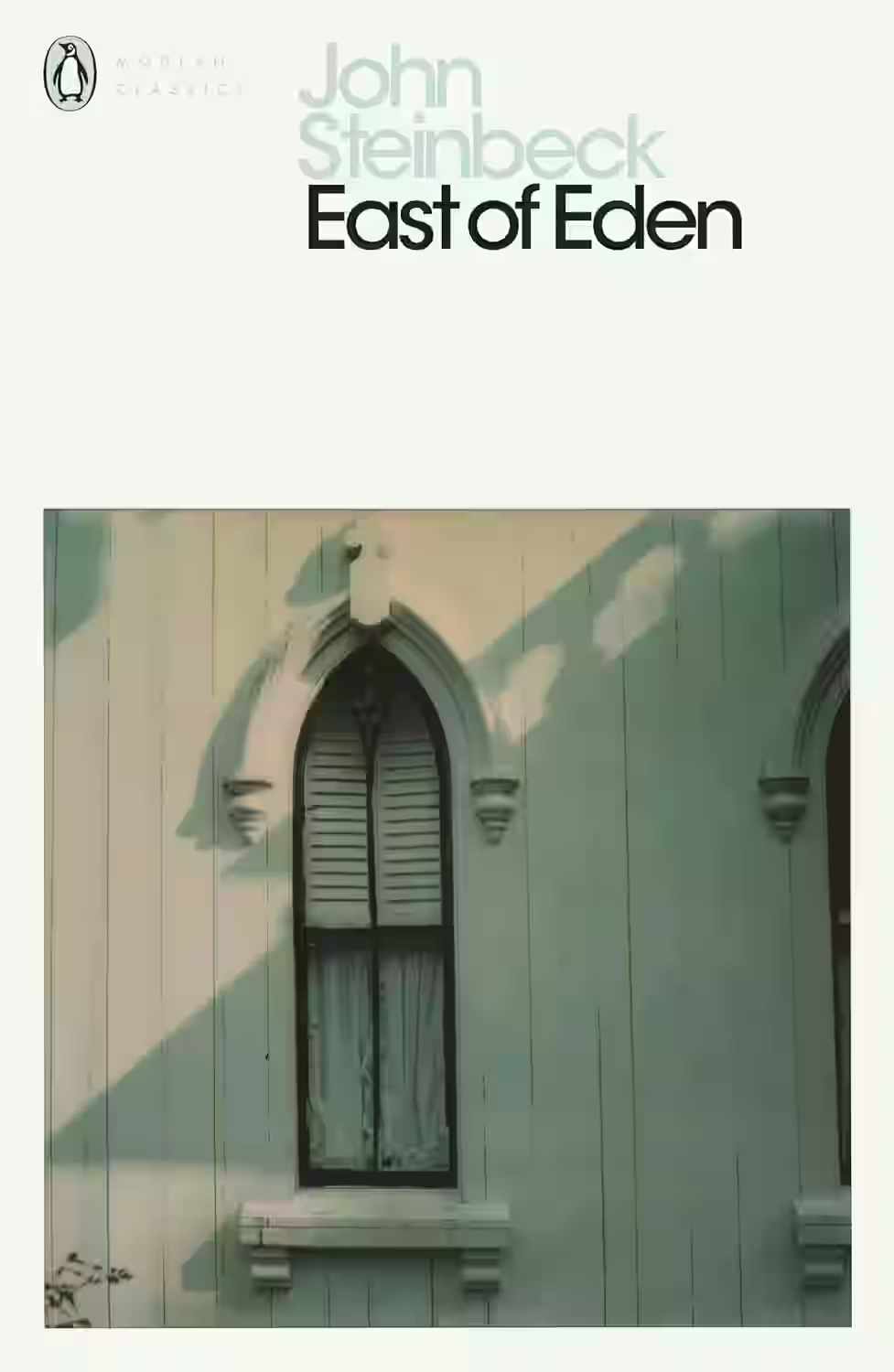
East of Eden
Set in the rich farmland of the Salinas Valley, California, this powerful, often brutal novel, follows the interwined destinies of two families - the Trasks and the Hamiltons - whose generations hopelessly re-enact the fall of Adam and Eve and the poisonous rivalry of Cain and Abel. Here Steinbeck created some of his most memorable characters and explored his most enduring themes- the mystery of indentity; the inexplicability of love, and the murderous consequences of love's absence.
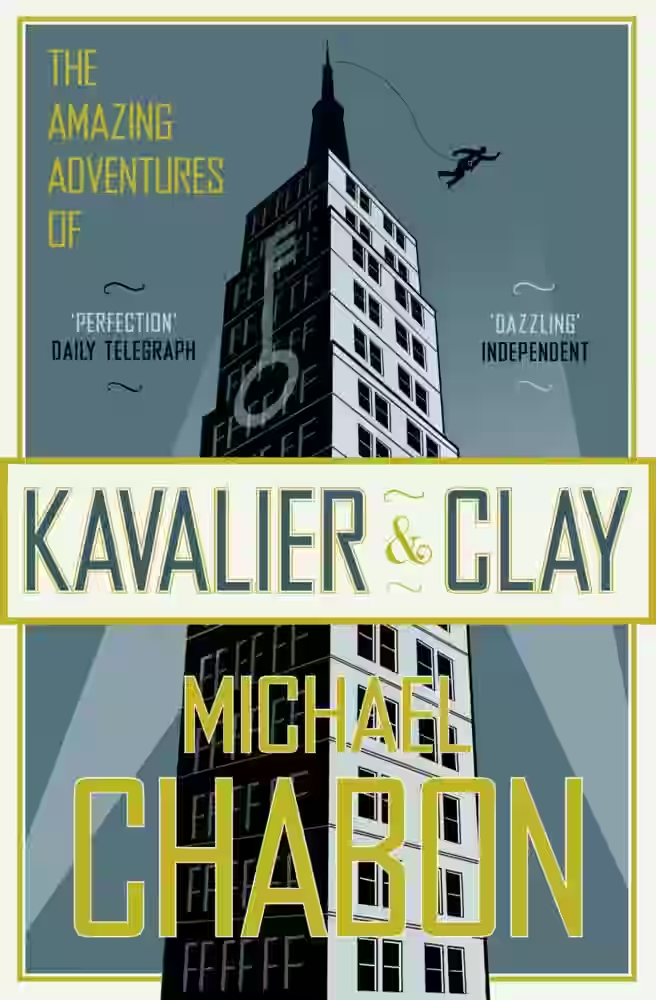
The Amazing Adventures of Kavalier & Clay
Michael Chabon's 'The Amazing Adventures of Kavalier & Clay' is a masterfully woven tale that plunges into the heart of the Golden Age of comic books, exploring both the exuberance and dark undercurrents of the era. Set against the tumultuous backdrop of World War II, it follows the journey of two Jewish cousins, Joe Kavalier and Sam Clay, who channel their dreams, fears, and ambitions into the creation of The Escapist, a larger-than-life comic book hero. Chabon brilliantly intertwines themes of escape, identity, artistry, and survival, crafting an epic narrative that is both historically rich and deeply personal. His prose is lush, conjuring vivid imaginations and intense emotions, while also reflecting on the transformative power of art and storytelling. The book's impact is profound, resonating with both fans of literature and comic book aficionados alike, making it a landmark contribution to contemporary fiction.
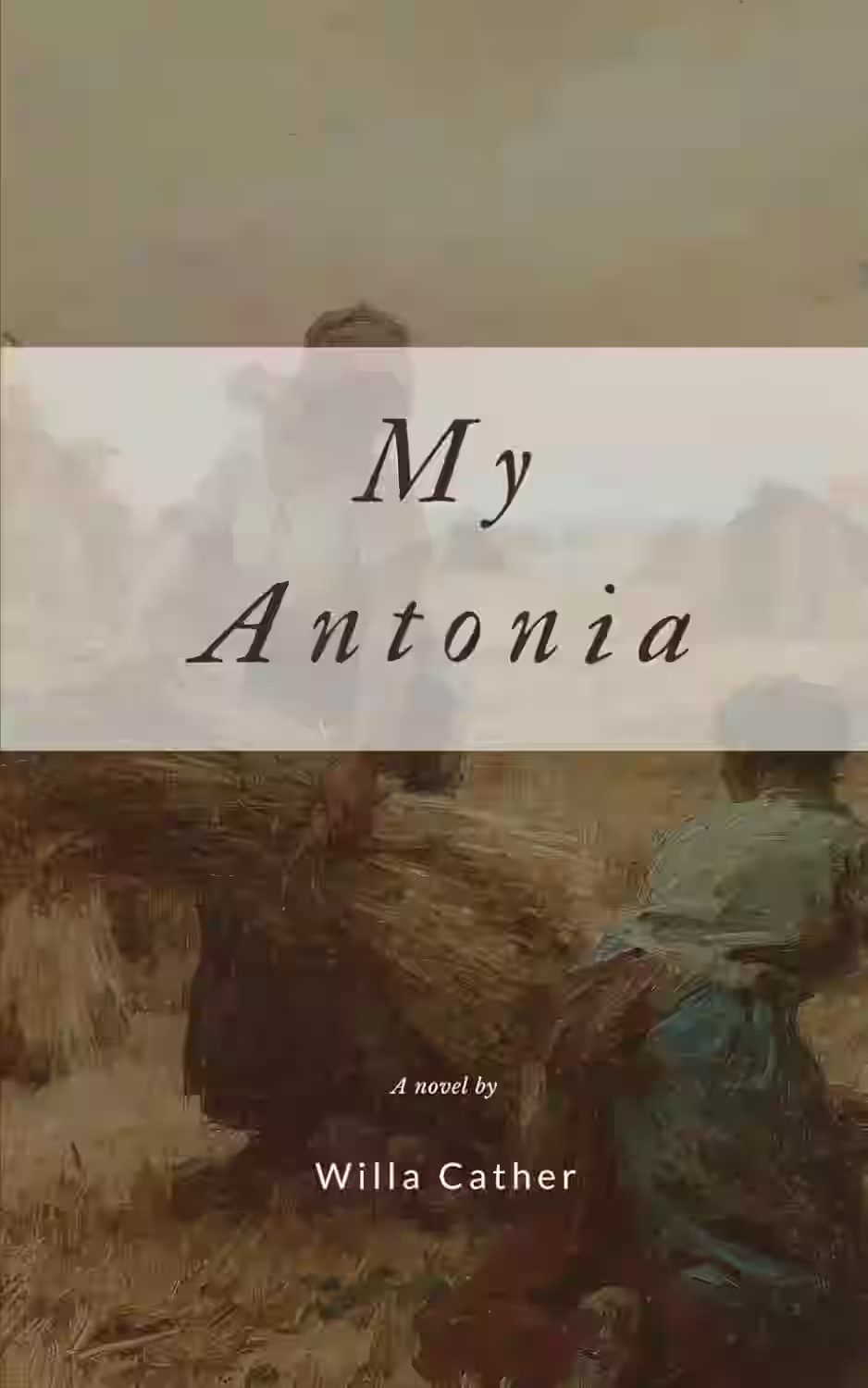
My Antonia
by Willa Cather
Told through the eyes of Jim Burden, My Ántonia recounts the life of Ántonia Shimerda, a spirited immigrant girl on the Nebraska frontier. Through vivid landscapes and deep characterizations, Cather celebrates pioneer life, hard work, and memory. The novel is a nostalgic tribute to the resilience of early settlers and the bond between people and place, filled with poetic prose and quiet power.